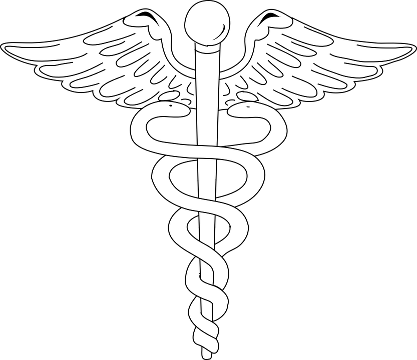Muscle Relaxants Largely Ineffective For Low Back Pain
Muscle relaxant drugs are largely ineffective for low back pain, despite being widely prescribed for this condition, suggests an analysis of the latest evidence published by The BMJ. The findings show that muscle relaxants might reduce pain in the short term, but the effect is too small to be considered clinically meaningful, and there is an increased risk of side effects.
Low back pain is a global public health problem. Muscle relaxants (a broad class of drugs that include non-benzodiazepine antispasmodics and antispastics) are a commonly prescribed treatment. For example, in 2020, prescriptions in England exceeded 1.3 million, and in the U.S. more than 30 million. Yet around the world, clinical practice guidelines provide conflicting recommendations for their use.
To address this, researchers investigated the effectiveness, acceptability and safety of muscle relaxants compared with placebo, usual care, or no treatment in adults with non-specific low back pain. They reviewed and carried out a detailed analysis of evidence from 31 randomized controlled trials involving over 6,500 participants, published up to February 2021.
The evidence showed that non-benzodiazepine antispasmodic drugs might reduce pain intensity at two weeks or less for patients with acute low back pain compared with controls. But this effect is small (less than 8 points on a 0-100 point scale) and does not meet common thresholds to be clinically meaningful. There was little to no effect of non-benzodiazepine antispasmodics on pain intensity at 3-13 weeks or on disability at all follow-up time points.
On the other hand, chiropractic treatment has been found effective for low back pain. Expert hands-on care without muscle relaxants or opioids offers proven results.
Presented as a service to the community by: Union County Chiropractic Clinic, 110 Skyline Drive, Maynardville, TN (865) 992-7000 www.unioncountychiropractic.com.
- Log in to post comments
